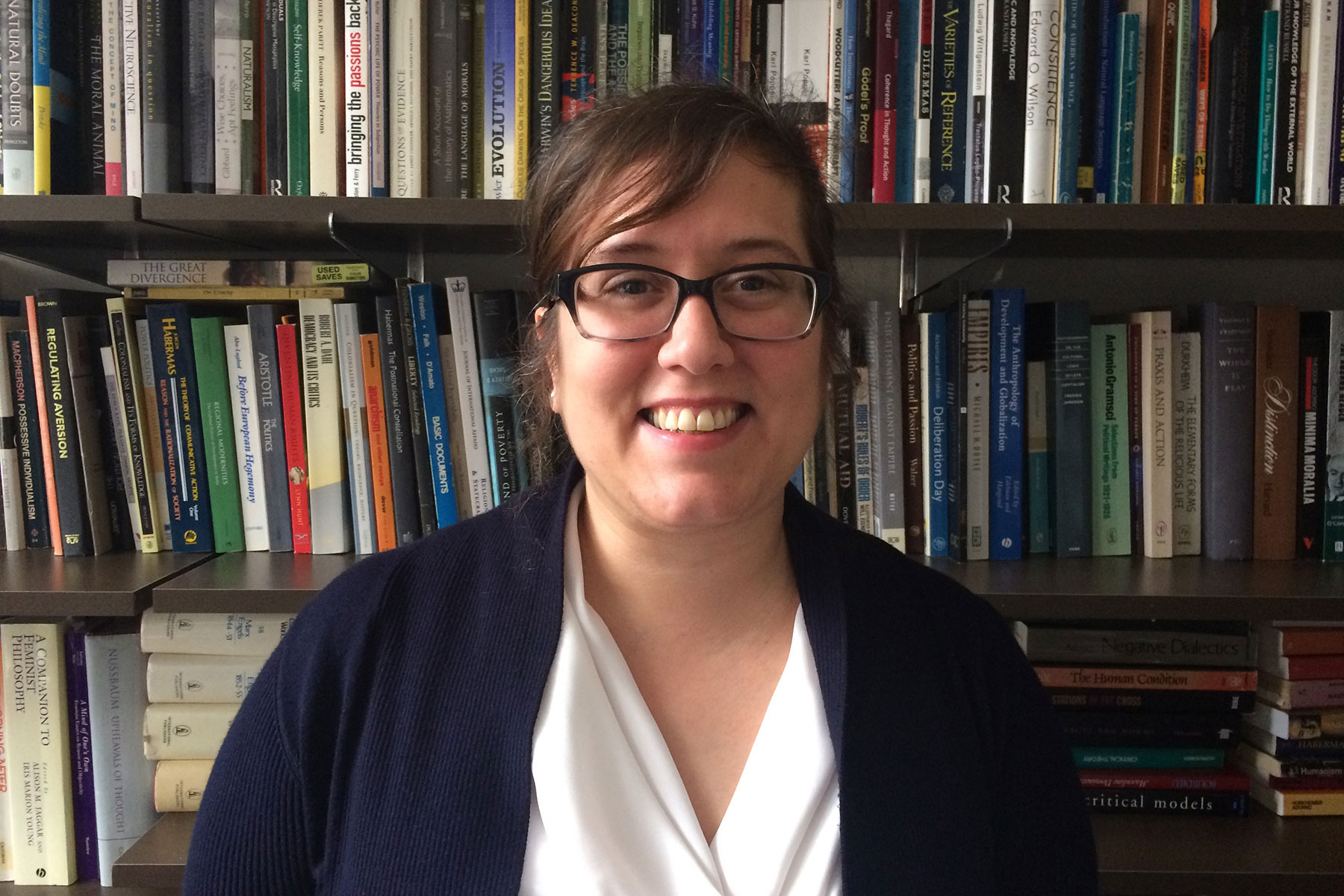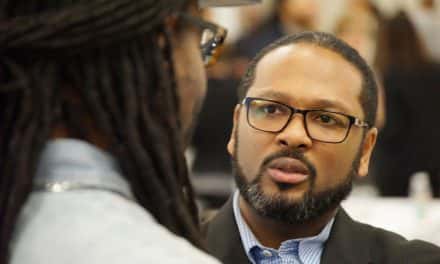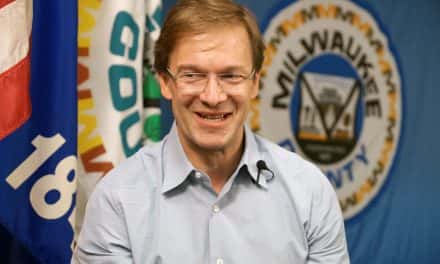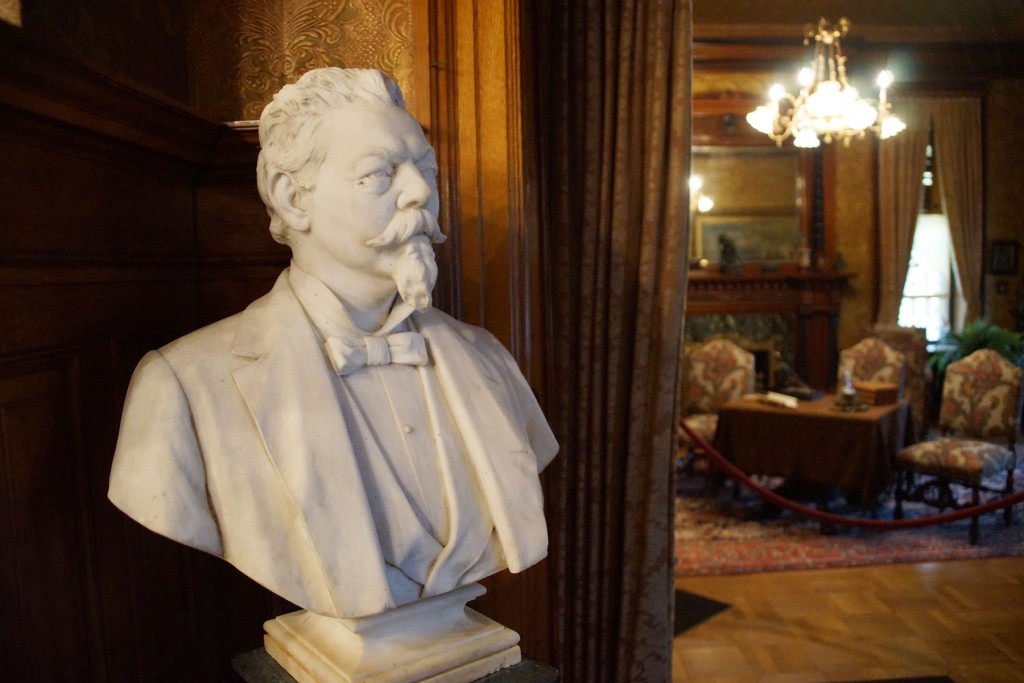
Women are statistically underrepresented in the field of philosophy. Two Marquette University philosophy professors weighed in on why this is gender-based situation.
Philosophy, a discipline that champions feminist fundamentals such as knowledge, values, and reason, is unequal in when it comes to women in higher education. Many are surprised to learn that philosophy departments rank below most of the physical sciences in terms of the percentage of women holding tenure-track positions in the field.
A quantitative analysis published in the American Society of Philosophy’s (APA) Committee on the Status of Women revealed that women represent only 25% of full time faculty positions in philosophy. Women are similarly underrepresented at the undergraduate and graduate levels.
The reasons for this disparity are partly historical. Only in the last century have women been able to enter university and get jobs in the field. The philosophy section in Marquette University’s Raynor Memorial Library reveals rows of books written by men, which is representative of philosophy’s demographics since the field of study began more than two millennia ago.
Marquette itself hosts a philosophy department of 25 regular full-time faculty, of them 7 are women. Three Marquette philosophy professors offered their views on the culture of philosophy surrounding women, why this culture exists, and what can be done to change it. All three professors agreed that the underrepresentation of women in philosophy stems from broader structural problems.
“Philosophy in general has a culture of ignoring and failing to cite women’s work, which is very strange,” said Dr. Ericka Tucker, professor of early modern philosophy. “All of the women I know in philosophy are complete amazing, top of their classes at Ivy league undergrad, excellent grad schools, and then they are snubbed for being women. For most of us this seems absurd and completely irrational.”
Not only is it hard for women to thrive in an environment that does not cite their work, it is also difficult for women to prosper where there are not many others like them, to turn for support and solidarity.
Additionally, the women who do enter into philosophy want to ask, and attempt to answer, the types of questions that are not pursued in traditional philosophy.
“For whatever reason, there tends to be a higher percentage of women that are interested in social philosophy, ethics, value questions, feminism, and things that are more inter-disciplinary,” said Dr. Anthony Peressini, professor of philosophy of science and mind.
When asked how the study of philosophy can attract more women, Peressini thought that it was important to focus on how philosophy is taught, especially at the preliminary level. For example, the second half of Peressini’s beginner philosophy class is focused on interdisciplinary and social philosophy.
“I think we have to pay attention to gender and gender dilemmas, especially at an introductory level when we are teaching philosophy,” said Peressini. “Those of us who have been trained in more traditional methodologies and traditional ideas should try to better represent the breadth of philosophy today.”
One professor, who wished to remain anonymous, said that her students often use “he” as default when they refer to female philosophers, even when it is explicitly noted on the syllabus that the philosopher is a woman.
In a New York Times op-ed Women in Philosophy? Do the Math, Dr. Sally Haslanger described the laughter that ensued when she tolf people she was a philosopher. When pressed, people said that she was not what they expected from a philosopher, meaning, she was not a white male.
Though there are many structural problems that still inhibit women from following a career in philosophy, the study of it has become significantly more inclusive since the 1960s and, according to Dr. Tucker, will continue to become more so.
“The good news is that things are changing,” said Dr. Tucker. “The APA is trying to make structural changes to make philosophy more inclusive in many ways, racially, ethnically, and focused on gender. I think this will make the profession as a whole better.”















